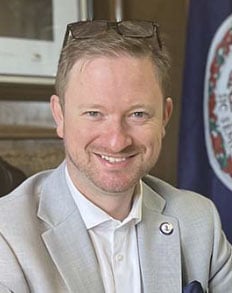With the Christmas and New Year’s holidays approaching, you may see notices on the news that police will be setting up sobriety checkpoints in your area.
You certainly do not want to be caught in a sobriety checkpoint, especially if you have done nothing wrong. In fact, why are sobriety checkpoints even allowed?
The constitutionality of sobriety checkpoints
The Fourth Amendment of the U.S. Constitution protects you from unreasonable searches and seizures. Being pulled over by the police is a seizure. Police must have a legitimate reason for pulling you over. Essentially, they must have a suspicion that you did something illegal.
At sobriety checkpoints, all drivers are pulled over, even if they have done nothing wrong. This may seem like an unreasonable seizure.
However, the U.S. Supreme Court ruled that sobriety checkpoint stops are legal, because the public interest in keeping drunk drivers off the road outweighs the seemingly minor violation of your search and seizure rights that checkpoints pose.
The U.S. Supreme Court legalized sobriety checkpoints on a federal level but left it up to states to determine if sobriety checkpoints violate state laws. Some states do not permit sobriety checkpoints. However, Virginia does.
Limits on sobriety checkpoints
There are limits on sobriety checkpoints, even though they have been legalized by the Supreme Court. While all states have different requirements, the following are general requirements that most states use.
First, the location, date and duration of the checkpoint must be published.
Second, there should be road signs and lights that give motorists advanced notice of the checkpoint.
Finally, any stop at a checkpoint should be brief. Stops should be systematic and non-random.
If these requirements are not met, a stop at a sobriety checkpoint may not be constitutional and you could still take action to protect your rights.

 Brandon Ayers Named to Top 10 Leading Lawyers For 2024
Brandon Ayers Named to Top 10 Leading Lawyers For 2024
